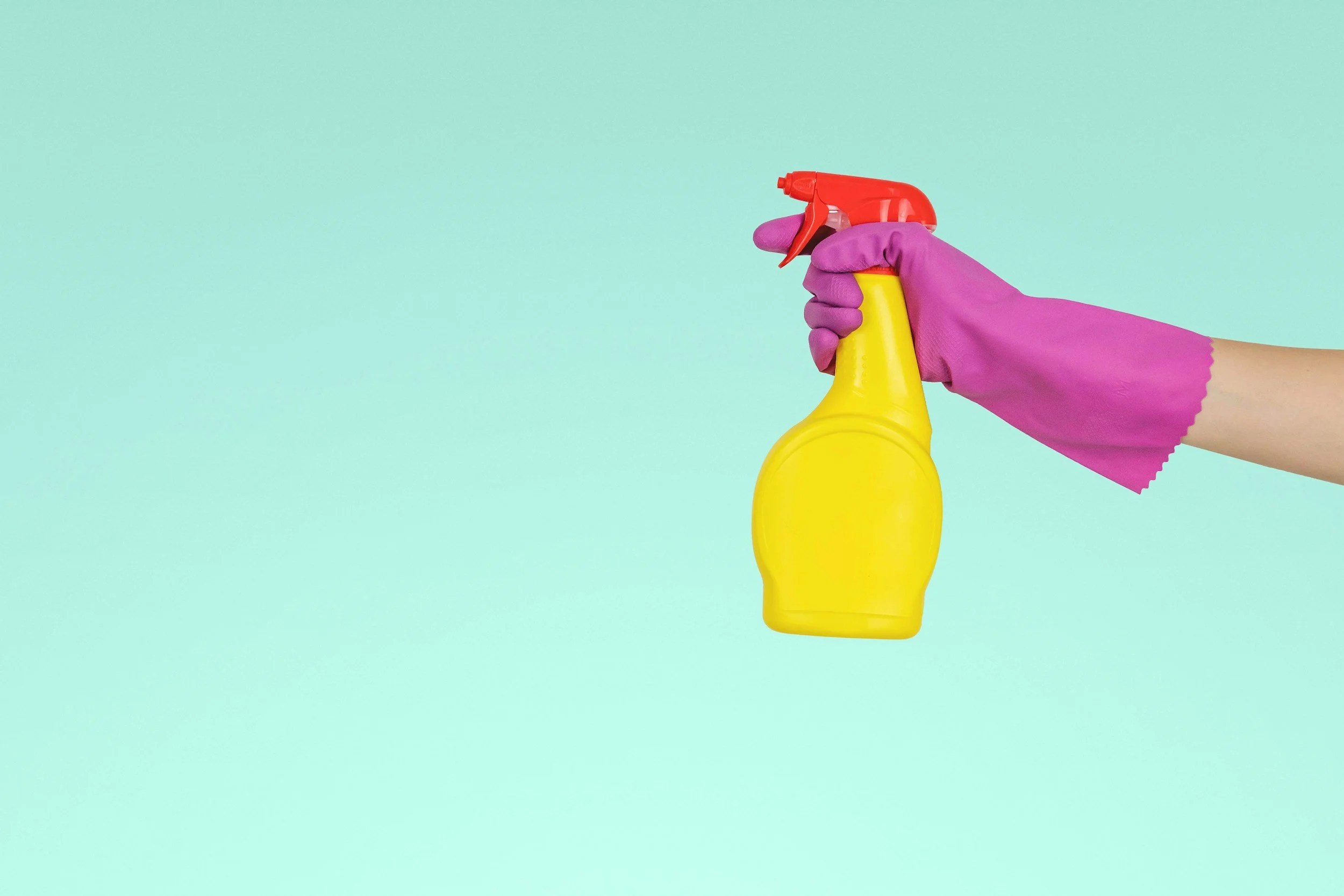Summer is right around the corner! That means vacations, backyard barbecues, road trips, and all kinds of fun—but it can also mean increased spending. If you’re carrying credit card debt, now is the perfect time to tackle it head-on before summer expenses pile up.
Here’s how to pay down your credit card debt and free up your finances so you can enjoy summer without the weight of past spending holding you back.
1. Face the Numbers Head-On
The first step to tackling credit card debt is knowing exactly what you owe. Take a deep breath and list out:
✔ The total balance on each card
✔ The interest rates (APR)
✔ The minimum payments
Understanding your debt is the key to creating a strategy to eliminate it.
2. Choose Your Payoff Strategy
There are two popular methods for paying off debt:
🔹 Debt Snowball: Pay off the smallest debt first while making minimum payments on the rest. Once the first debt is gone, roll that payment into the next smallest debt. This builds momentum and motivation.
🔹 Debt Avalanche: Pay off the debt with the highest interest rate first while making minimum payments on the rest. This saves the most money in interest.
Pick the strategy that works best for you and stick to it!
3. Slash Expenses & Redirect Savings
For the next few months, cut back on non-essential spending to throw extra money at your debt. Some quick ways to free up cash:
✅ Pause subscriptions you’re not using
✅ Eat at home instead of dining out
✅ Skip impulse purchases and wait 24 hours before buying anything unplanned
✅ Sell unused items around the house
Every extra dollar you put toward your debt now means more financial freedom this summer!
4. Consider a Balance Transfer or Lower Interest Rates
If you have high-interest credit card debt, a 0% APR balance transfer could help. These offers allow you to transfer debt to a card with no interest for a set period (usually 12-18 months), helping you pay off debt faster.
Alternatively, call your credit card company and ask for a lower interest rate—you might be surprised at what they offer!
5. Increase Your Income
Want to pay off debt even faster? Find ways to earn extra money:
💵 Pick up a side gig (Uber, DoorDash, or freelancing)
💵 Sell items on Facebook Marketplace or eBay
💵 Ask for a raise or take on overtime hours
Even an extra $200-$500 a month can accelerate your debt payoff!
6. Set Boundaries for Summer Spending
It’s easy to let spending get out of control when summer fun calls. Set a realistic summer budget so you can enjoy the season without falling back into debt. Consider:
🌞 Planning vacations based on what you can afford—not what you can charge
🌞 Using cash or debit instead of credit
🌞 Allocating a set amount for entertainment each month
Having a plan will help you stay in control!
7. Stay Focused & Celebrate Progress
Paying off debt takes discipline, but small wins add up! Celebrate milestones along the way—just do it in a way that doesn’t add more debt.
By tackling your credit card debt now, you’ll step into summer with more financial freedom, less stress, and the ability to truly enjoy the season.
You’ve got this! Start today, and by summer, you’ll be in a much better financial position. 🚀💰
Need help creating a customized debt payoff plan? Check out our Debt Payoff Calculator at I Was Broke. Now I’m Not and start your journey toward financial freedom today!

